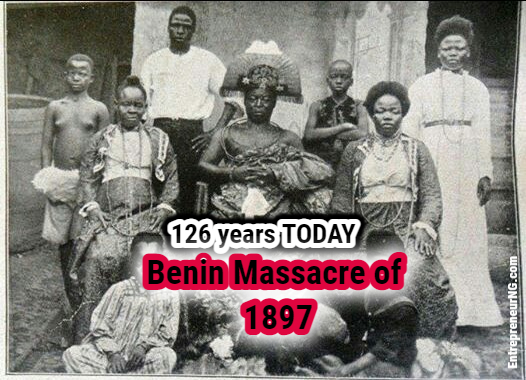The West African kingdom of Benin was prosperous and wealthy in the late nineteenth century, and the Oba, or king, wielded considerable power and influence in the region. The Royal Niger Company, a British trading firm, had set its sights on the region, hoping to establish a trade monopoly.
Despite their best efforts, the Oba of Benin prevented the Royal Niger Company from seizing control of the region. Frustrated by their inability to establish a foothold in the region, the Company decided to launch an expedition in 1896 to depose the Oba and install a council appointed by British officials in his place.
The expedition left in December and arrived in Benin in early January 1897. The following are some of the things to consider. The British forces were ambushed and attacked by the Oba’s forces on January 4th, killing all but two Europeans. Alan Boisragon, one of the survivors, later wrote a book recounting the events of the mission and the British retaliation that followed.
When Queen Victoria learned of the tragedy, she wrote about it in her journal on January 12th, 1897. She claimed that the King of Benin attacked and fired on a group of English officers and civilians on a friendly mission. This account, however, was not entirely accurate.
The soldiers were actually disguised and accompanied by 250 Africans dressed as porters but armed with concealed firearms. The Oba had been told that the mission was peaceful, but a group of Itsekiri traders had informed him of its true intentions.
The queen’s entry demonstrates the Royal Niger Company’s misinformation following what became known as the “Benin massacre,” in which they portrayed Benin as a violent nation prone to unprovoked attacks in order to justify a larger punitive invasion.
Following the ambush, the British government tasked Sir Henry Rawson with leading a large expedition to retaliate against Benin. The orders were to seize the Oba and destroy Edo, the capital city. Thousands of objects were taken from the city during the British invasion, including the famous Benin bronzes, which were later sent to museums around the world.
The British Empire’s Benin expedition remains a contentious event in its history, as the British portrayed Benin as a violent nation prone to unprovoked attacks in order to justify their invasion.


